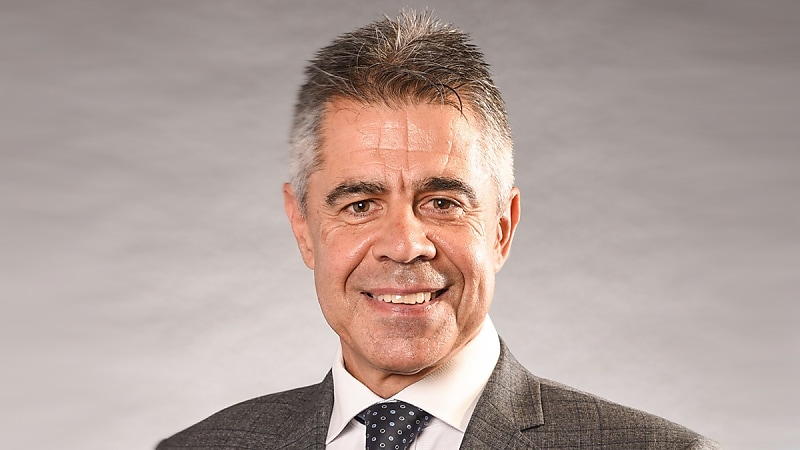Treasurer going against department advice if Div 296 backdated
If the Division 296 legislation is backdated to 1 July 2025, the Treasurer will be going against the advice of his own department, the SMSFA has said.
According to the regulation impact statement ‘Impact Analysis – Better Targeted Superannuation Concessions’, a lead-time of at least 12 months is required for the transfer of ownership of assets if the bill is passed.
“The impact statement makes it quite clear there needs to be at least 12 months’ notice [for those with high super balances] to evaluate and make changes for this new tax to come in,” chief executive of the SMSF Association, Peter Burgess, told SMSF Adviser.
“What it means is if the Treasurer retrospectively enacts the tax to 1 July 2025 he will be going against the advice of his own department. This is quite significant.”
Page 44 of the RIS addresses the lead time of the proposed bill and reads:
Lead time for behavioural change in response to the measure
There is a risk of criticism of the measure’s implementation if impacted individuals are not afforded sufficient opportunity to restructure their affairs (to the extent permitted by law) to avoid the application of the new tax once it commences.
High balance members above preservation age may choose to withdraw funds from the superannuation system (and potentially reinvest them outside that system) would potentially require a minimum of 12 months to transfer ownership of assets (whether divesting entirely or shifting to a non-superannuation structure) and to manage any associated costs including stamp duty, brokerage and legal costs.
This risk is again mitigated by the extended lead time for the measure’s commencement. On the proposed implementation timeframe members who are eligible to make withdrawals from superannuation would have around two years to implement these arrangements.
“This is concrete evidence of the need to defer the start date,” Burgess said.
“It is unreasonable to expect individuals to make irrevocable financial decisions on a measure that is not law. These can be life-changing financial decisions and there is always the possibility, with other proposals being put forward, that this could change.”
Burgess continued that not only are the taxing paper profits in unrealised capital gains unprecedented in Australia, but so is ignoring the advice of Treasury if that is the course the government chooses to take.
“This is unprecedented on both levels. Not only will there not be enough time to react, for people who do have more than $3 million in their super fund, the assets held are not always easy to sell, so it is making it difficult for them. This is what Treasury is saying in the impact statement.”
“This is also why the government was initially trying to get the bill passed by 30 June 2024, but we are well beyond that now and many people now face the prospect of a little over six months to organise their financial future.”
Burgess said if the government insists on backdating the legislation to 1 July 2025, as Treasurer Jim Chalmers has indicated on numerous occasions, there is the possibility of a legal challenge to the law.
“We have spoken to legal professionals, and it is highly likely we will see some challenges put forward,” he said.
“We hope that the government will yield to the advice of its own department and defer the start date of this tax and take the opportunity to consult on some of the design features which have so far been non-negotiable.”
He continued that the government does not need to tax individuals with high super balances to reduce their concessions, but rather look more closely at the alternatives that have been put forward that would not only give it the revenue it requires but also make the system more equitable.
“If it does defer the start date, it will have to revise the budget forecast over the four-year estimates.”
“This is the perfect opportunity for the government to engage with industry and consult on key features of the design of this tax, which it hasn’t done so far.
SMSF Adviser contacted Treasury and the office of Treasurer Jim Chalmers for comment, but at the time of publication, neither had responded.


